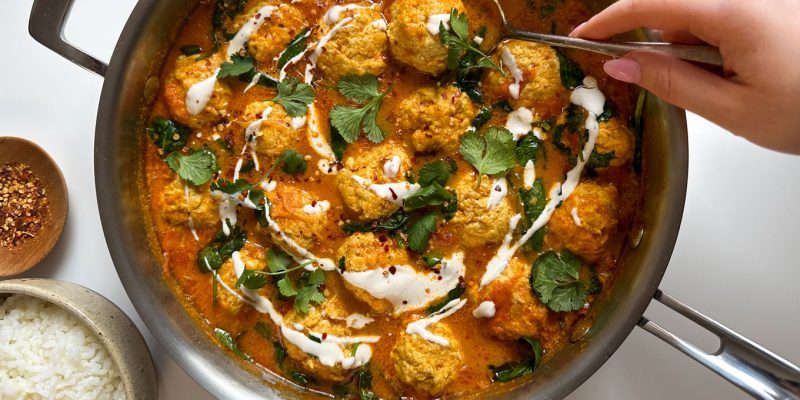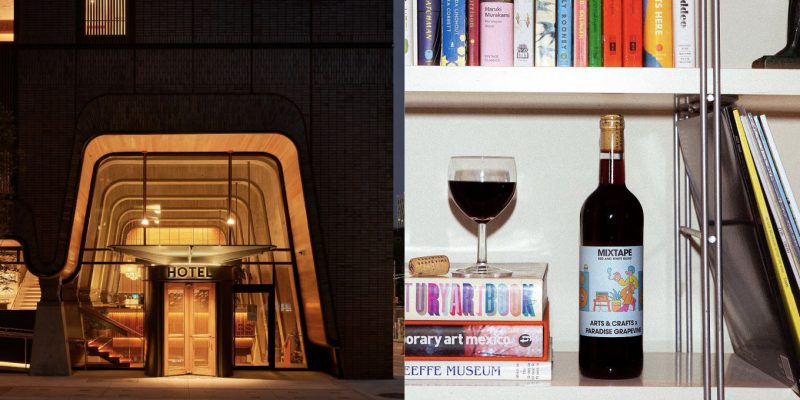Culture
The World’s First (Like Ever Ever) Vegan Iraqi Cookbook Will Give You All the Feels
Meet Dr. Lamees Ibrahim, the retired medical professional (with a PhD in pathology) rebuilding the Iraq of her childhood, one gorgeous (self-published) cookbook at a time.
by : Aman Dosanj- Jul 8th, 2021
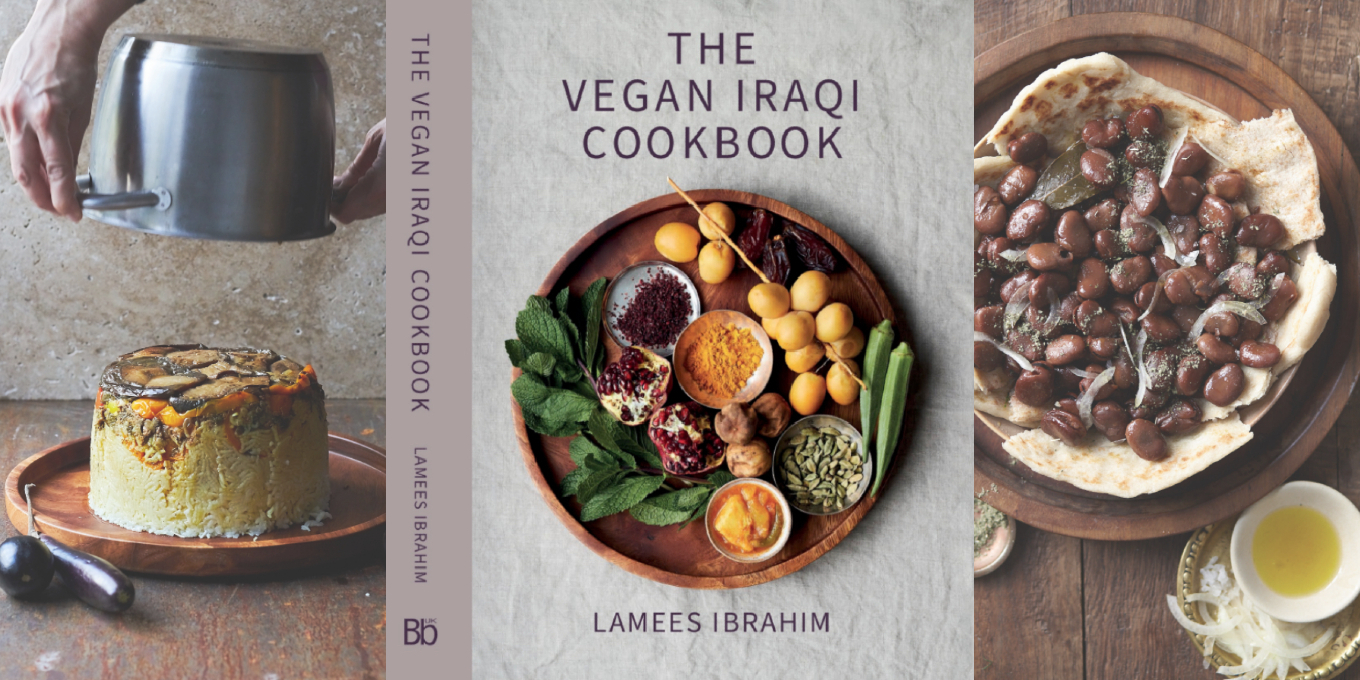
Lamees Ibrahim
“My father used to say, ‘This is an important structure we are building together, each of us will add a brick, and it's called Iraq.’ I came to the UK to get a higher degree, do well, [then] go back and benefit my country. I couldn't do that, so I decided to do it from afar. ”
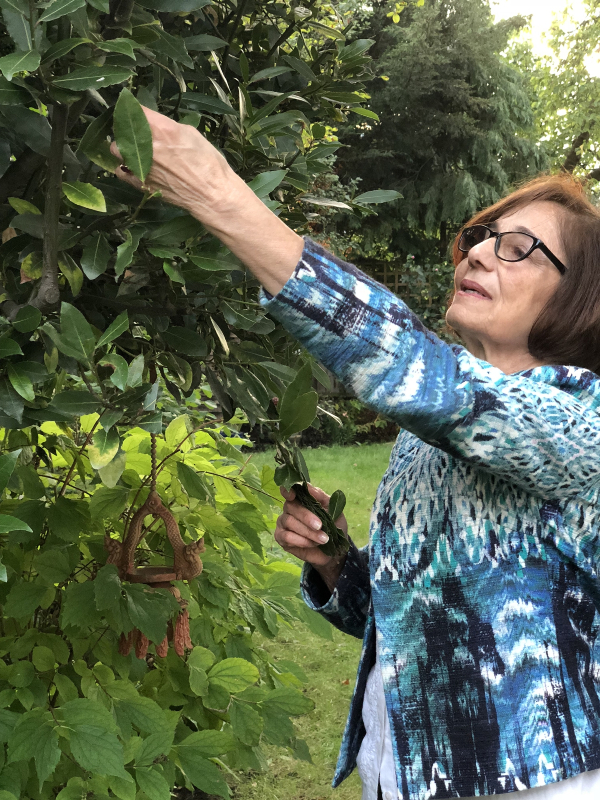 Lamees Ibrahim
Lamees IbrahimWhen Lamees Ibrahim left Baghdad in the ’70s to study pathology at London’s King College, she never imagined Iraq would become too politically unstable to return, nor did she think she’d end up a two-time cookbook author (and publisher). Seeking comfort in the storied histories and memories that predated war and, well, Sadam Hussein problems, Lamees published The Iraqi Cookbook in 2009 as the ultimate love letter. And now, The Vegan Iraqi Cookbook just dropped to rebuild the country a touch more.
The Vegan Iraqi Cookbook is packed with 132 plant-based recipes with all the rhythms of Iraq, motherly know-how, tricks (like mixing baking soda in dairy-free yoghurt for tanginess), and lick-the-page photography. We caught up on Zoom to discuss how cooking can reshape painful narratives, creating a book under London’s lockdowns, inspiring a new generation, truffles in the desert, and everything in between.
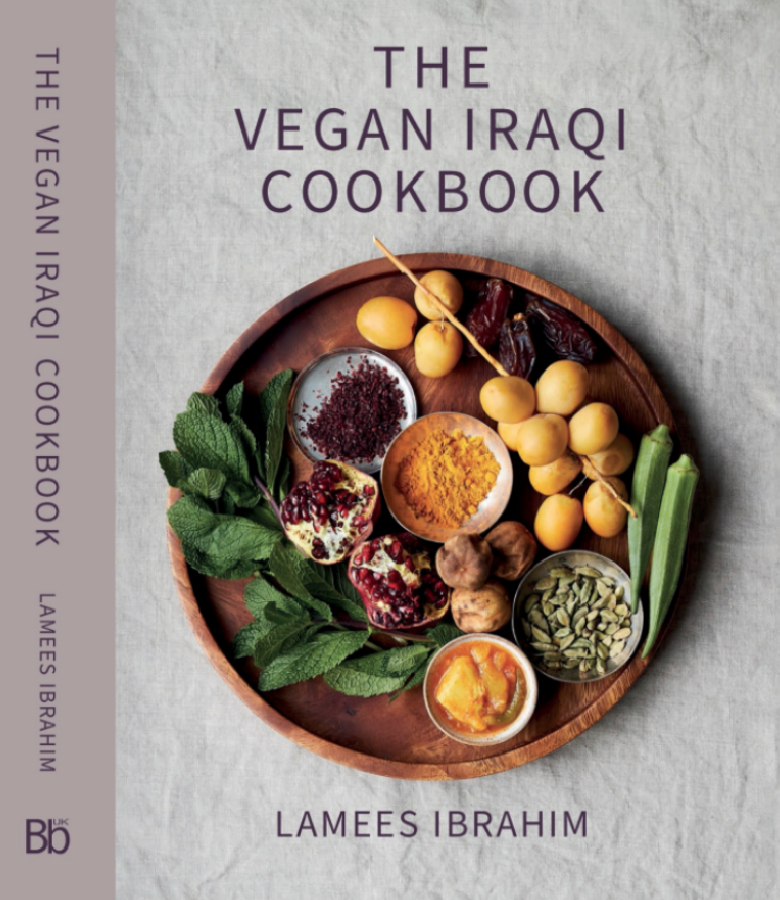 Lamees Ibrahim
Lamees IbrahimWhat motivated you to write your first book, The Iraqi Cookbook?
The book imposed itself on me. I hadn’t been to Iraq in all the years I was a student. When I finally had the chance to go [in 2004], the country was in a bad state of disrepair. I looked around, [and] Baghdad was not the Baghdad I knew. I was really depressed; I was desperate for somebody to take me out of my bad state of mind. So my daughter [Maysa] said to me, ‘Mum, you keep saying I would not see the Iraq you know, why don’t you write something for us?’ I’m not a poet; I can explain the relationship between the cells of the liver, but I didn’t know how to write articles that weren’t scientific. Bit by bit, I developed what I found was a lot of memories were linked to food.
So, what was the Iraq of your childhood like?
Oh, it was great! Iraq is still a happy place in my mind with happy memories. When we were kids, we had a lot of freedom. Life has changed; children don’t have the freedom we had. We’d go to school, come back home, have lunch, then run outside to meet friends. Everyone in the neighbourhood is a friend. If the daughter of so-and-so was getting married, we’d end up in that house singing, dancing, in nice dress, having finger foods — amazing! And so, food can keep memories alive. People who knew Iraq before 2003 and even before 1991 (when the first war took place) will tell you it was like heaven.
Let’s talk about your favourite childhood snack.
One thing we used to eat in the winter were [white] turnips [called shalgham]. We boil them with dibis—the molasses made from dates—it changes colour and taste. It is delicious! The guy selling the turnip would go around singing. We, as children, would say, “Oh my God, he is on my street!” We [would] all run out to buy a small amount and eat on the street.
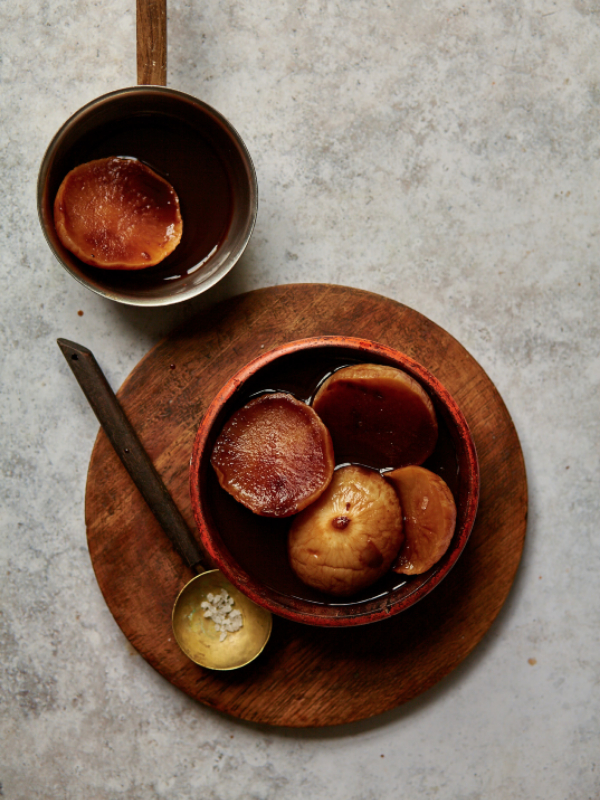 Lamees Ibrahim
Lamees IbrahimLike the ice cream truck?
Yes! It would be warm, and you buy a small bowl.
How was the reaction from Iraq?
They love it! I haven’t heard anything negative — that pleases me a great deal. A friend who brought the [first] book had to go away, she came back and found it on her husband’s bedside. Every night, he would read a bit before sleeping, and he wouldn’t let go. So I said, ‘don’t worry, it’s only a book, I’m not there!’ To be honest, it was not the recipes; it was the introductions and captions he was enjoying.
My mum cooks instinctually without measurements. How was that habit for you?
That was the most difficult part of the whole process, starting with my first book. I was applying to publishers [and] they said we cannot publish the book with half a cup, a small cup and a little bit of this, you have to put precise measurements. And I thought, what measurements? That was murder! I can cook anything almost blindfolded.
What prompted you to write The Vegan Iraqi Cookbook? Did it have a different purpose?
Iraq was forgotten. The news was never happy, but no one seemed interested. I thought, if I brought something into the arena, Iraq would develop in their minds. A lot of people think Iraqi food is meat-based. I was vegetarian for many years — we do have enough vegan recipes to make a book. Almost all the people buying the books are not [from] my generation. When I looked at my daughters, son and their generation, they welcomed vegan Iraqi cuisine.
How was producing a cookbook under lockdown?
I never thought COVID-19 would last so long. The photography was not easy — only two people could be under your roof, so we were abiding by these rules. When the book reached the [European] printers, we had Brexit, the end of free trade, [and] the book got stuck. When the book arrived in the UK, it was the happiest time.
If you invite me for dinner (hint, hint), what’s a typical Iraqi meal?
There is a chapter in the vegan book called Small Bites — these are starters with salads. Iraq has a long summer and very short winter, so soups in the winter, but in the summer, there are lots of salads. Then a main dish — the dolma or the turnover and some stews (according to the seasons) with rice. Rice is our staple diet at the centre of our table. And then we clear up, and present tea and many desserts.
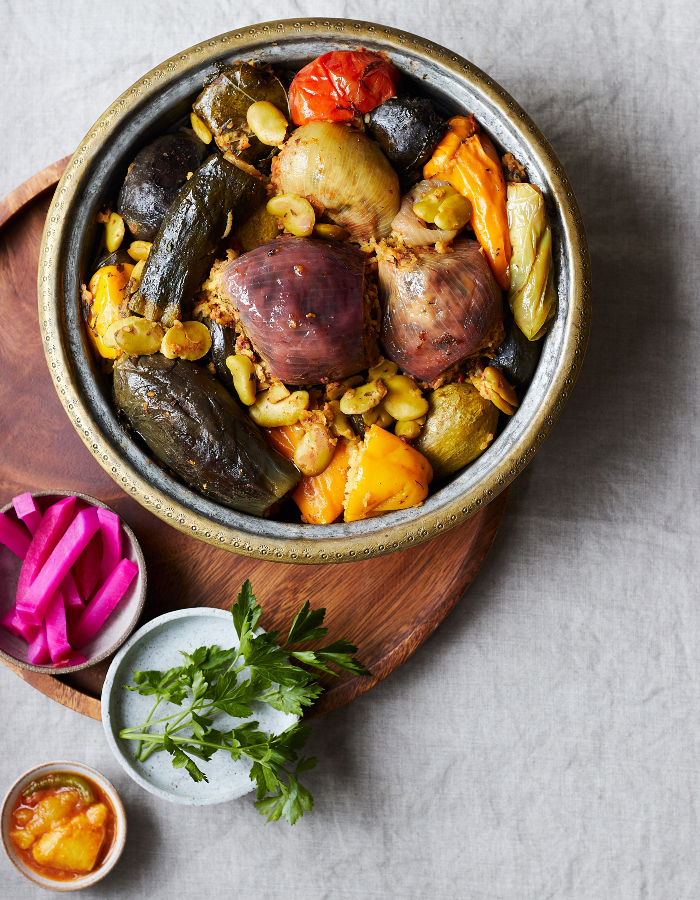 Lamees Ibrahim
Lamees Ibrahim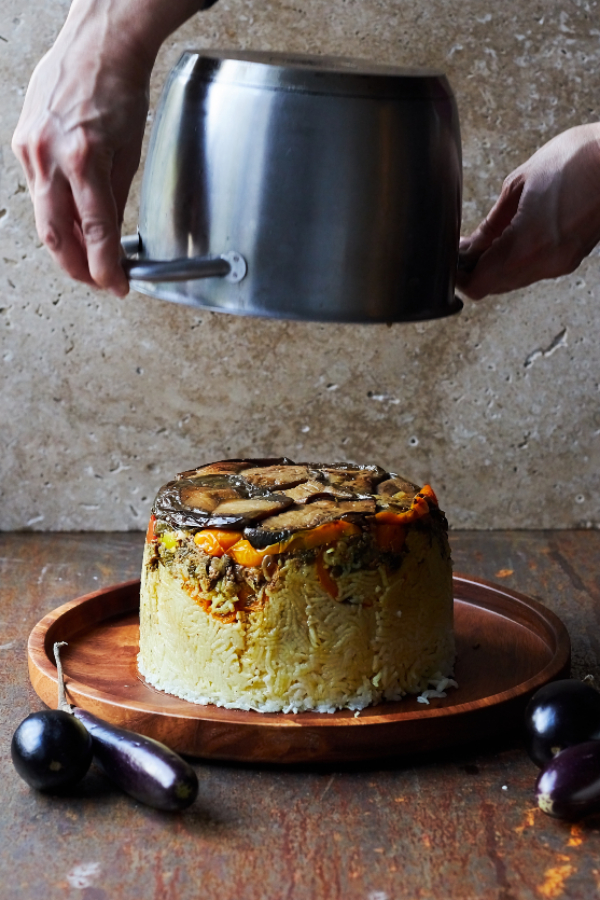 Lamees Ibrahim
Lamees IbrahimI was surprised to see a truffle recipe. Is it a common ingredient?
A lot grow in Iraq. They grow in the desert — they don’t grow in gardens or fields. When it rains, you get truffles, and if it’s a dry season, you don’t. You have to wash and wash [them] because they’re full of very fine sand. Then once you’ve scrubbed, just boil and enjoy — in Iraq, they love to eat them as such. They are delicious, but I like the rice with truffle.
Your book represents an Iraq not defined by political instability. Why was sharing joy so important?
You cannot dissociate culture from cuisine or cuisine from culture — there is always a story. All this is linked to different dishes, so I find I cannot separate this from that. I want the world to see this place called Iraq with its beauty, goodness, enjoyments, and togetherness.
BOOK EXCERPT
Cracked Wheat Kubba Recipe
Kubba is a dish unique to the Middle East, particularly Iraq, where the varieties of kubba can fill an entire chapter. I have included three plant-based options in The Vegan Iraqi Cookbook which work well without using meat or dairy.
Makes 12 pieces
Ingredients for the shell:
225 g (8oz) dry uncooked cracked wheat (jireesh)
100 g (4oz) fine burghul (also known as bulgur)
100 g (4oz) semolina
1 tbsp. salt
1 tbsp. cooking oil
Ingredients for the filling:
240 g (8oz) vegan plant-based mince
1 large onion chopped into small dice
2 tbsp. dry parsley or 1⁄2 bunch fresh chopped finely
1 tsp. Lamees’ mixed spice (or a pinch of each of the following: cinnamon, cloves, coriander, nutmeg, turmeric)
1 tsp. salt and 1tsp black pepper
1 tsp. pine nuts or flake almonds roasted (optional)
Cooking oil for frying
1.Wash the jireesh and soak it with the wheat and semolina in enough water to cover it by about 1 cm, mix well to allow the water into the three components (jireesh, burghul and semolina), leave the mixture for 20-30 minutes to absorb the water and become soft.
2.Meanwhile, fry the minced onion in 2 tbsp. of cooking oil on medium heat until soft and translucent, add the vegan mince and fry together for 5 minutes. Add the spices, salt and black pepper and a little water to keep it moist, add the parsley and keep frying for 20 minutes on medium-low heat. Turn the heat off, add the nuts (if used), put a lid on until needed.
3.When jireesh mixture is soft and ready, squeeze any excess water out (if any). Knead it well and start making your kubba.
4.Make round flattened shapes by taking a portion equal to size of an egg into the palm of your left hand; using your right fingers to form a thin disc, place 1-2 tsp of the stuffing into the middle of the disc, then fold the edges of your disc over the stuffing and smooth out to form a closed round disc of about 5-6 cm (2-2 1⁄2 inch). Wash hands and continue until the dough is finished.
You have 2 choices here:
-In a saucepan, boil plenty of water, then add the kubba into the boiling water for about 10 minutes, take out and serve.
-Deep fry the kubba in hot cooking oil until it is crispy and golden in colour (as pictured).
5.Serve hot or cold with a bowl of salad of your choice and some amba (slices of pickled mango).
The Vegan Iraqi Cookbook by Lamees Ibrahim is available from TheIraqiCookbook.com with worldwide shipping (adding bricks from all directions).
This interview has been condensed for clarity.
Read more:
Jessamyn Stanley’s New Book Wants to Teach You More Than How to Perfect Your Downward Dog
A Guide to the Summer’s Best Swoon-Worthy Romance Novels
From Toronto to Hong Kong: A WWII Love Story and Canada’s Dark History
Newsletter
Join our mailing list for the latest and biggest in fashion trends, beauty, culture and celebrity.
Read Next
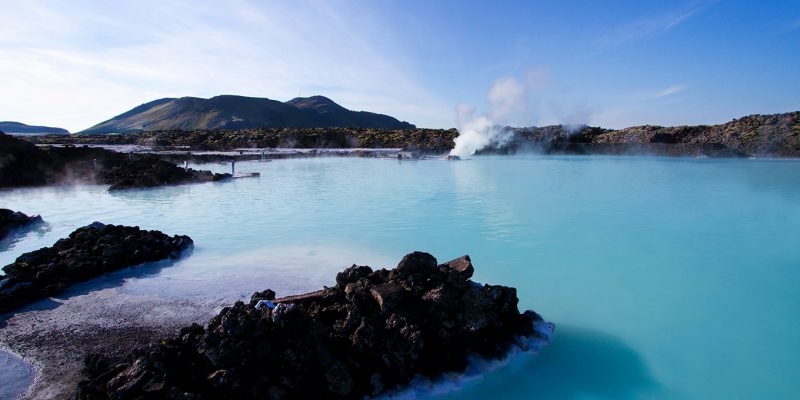
VIP
9 Stylish Icelandic Adventures Tailored to Fashion-Conscious Canadians
Iceland’s stylish escapades for the fashion-forward Canadian traveller blend elegance with adventure.
by : Contributor Content- Apr 15th, 2024

Fashion
The Best-Dressed Stars at Coachella Weekend One
Here's what your favourite celebs (and influencers!) wore to kick off Coachella's first weekend.
by : Lauren Knowles- Apr 15th, 2024
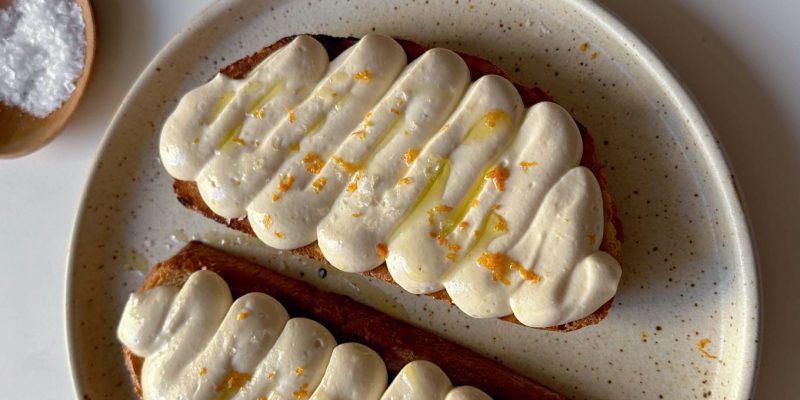
Culture
This Maple Whipped Tofu Toast Is Unreal
Light, fluffy with a touch of zest, this maple syrup-infused toast is a slice of heaven.
by : Margaux Verdier- Apr 9th, 2024



